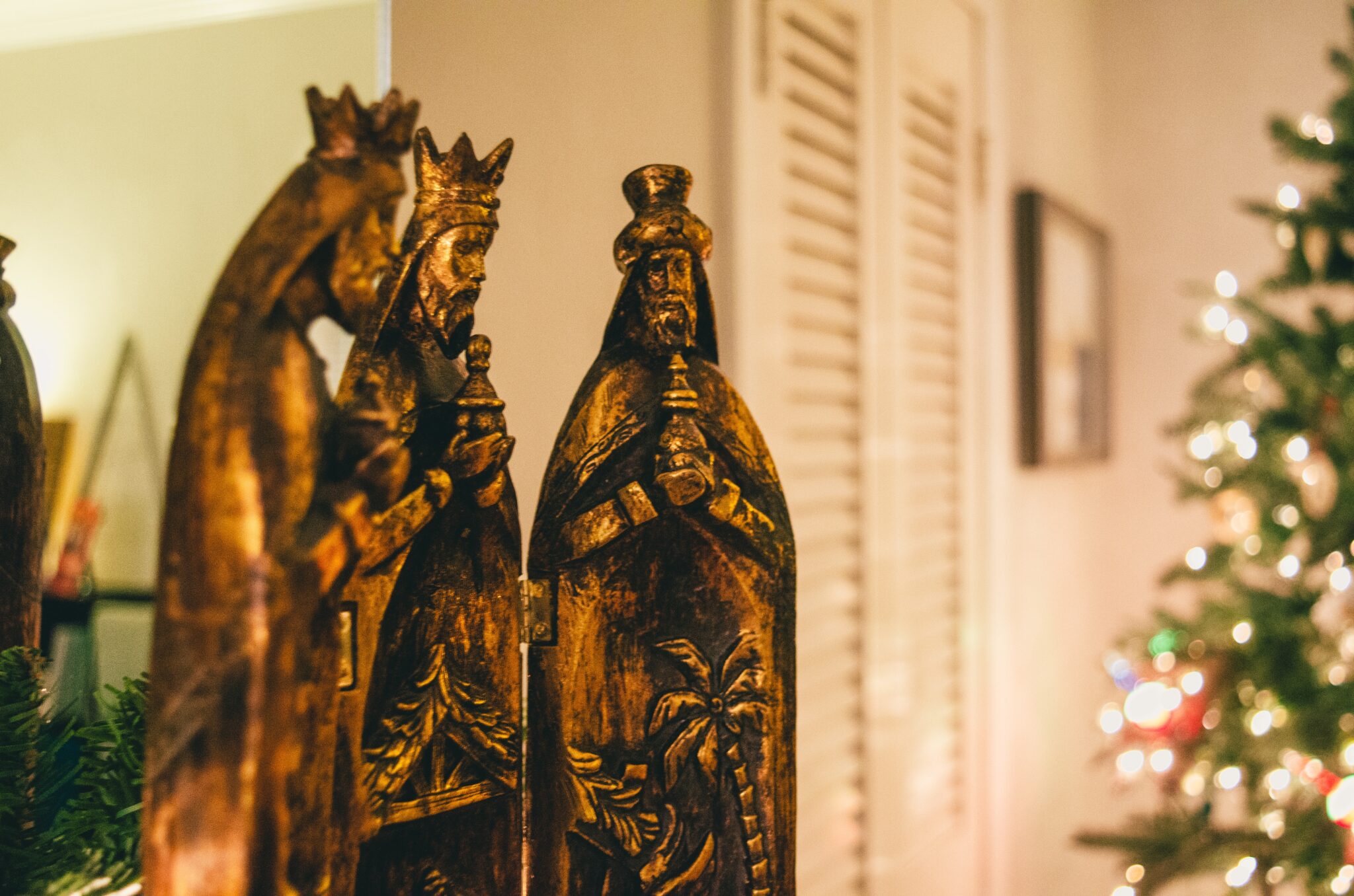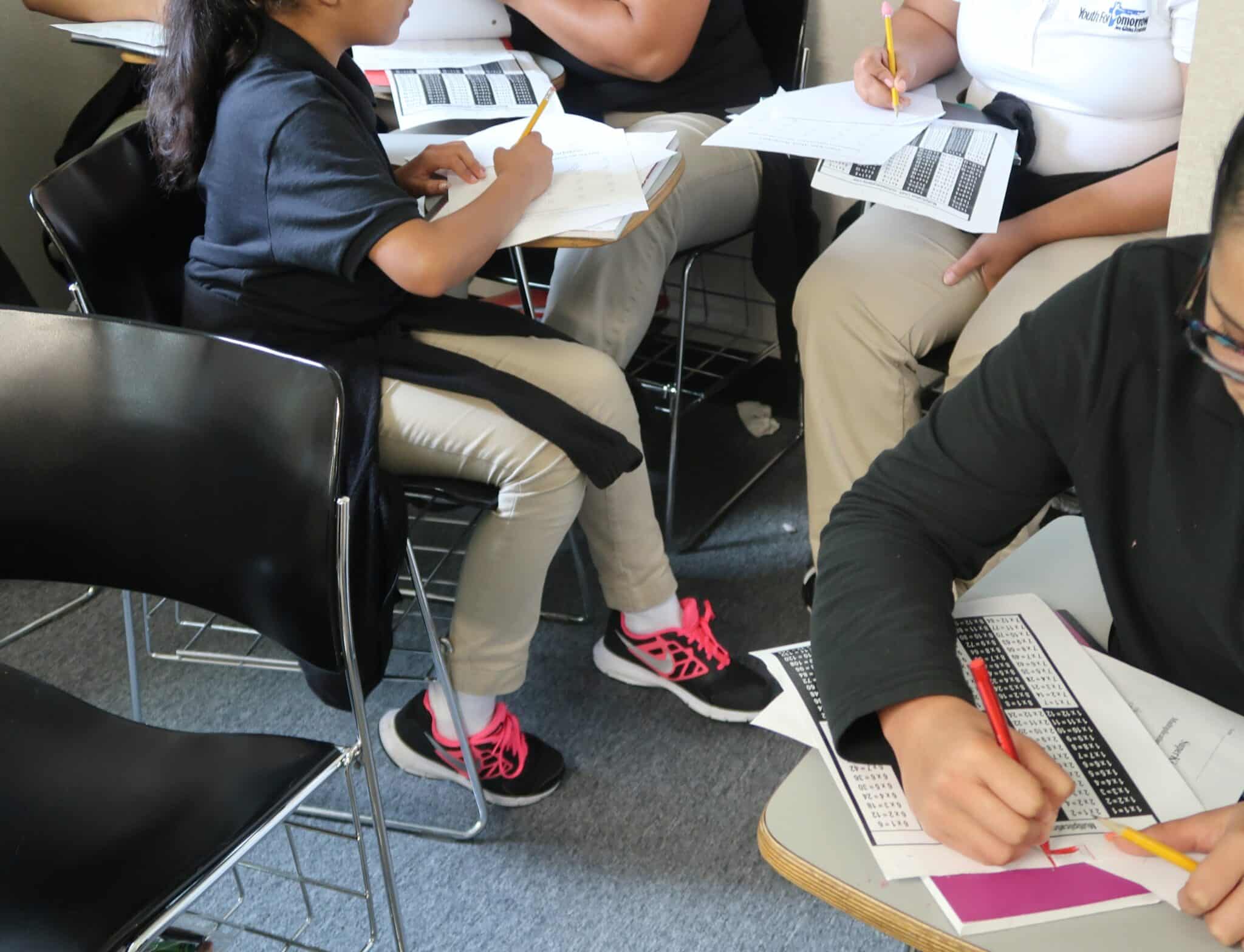READ
MT 2:1-12
When Jesus was born in Bethlehem of Judea, in the days of King Herod, behold, magi from the east arrived in Jerusalem, saying, “Where is the newborn king of the Jews? We saw his star at its rising and have come to do him homage.” When King Herod heard this, he was greatly troubled, and all Jerusalem with him. Assembling all the chief priests and the scribes of the people, He inquired of them where the Christ was to be born.UNDERSTAND
by Father Greg Friedman, OFM If one phenomenon marks our modern world, it’s instant communication. The message you’re listening to is just one way we interact at the speed of light. I sat at a computer to write this short reflection, and then someone took it—via the Internet—to edit and prepare so that it might be heard on our Web site or over the radio waves. If you wish, you could download the very text I originally typed. I still marvel at all the ways we can communicate today. Today’s feast of the Epiphany of the Lord is a feast that celebrates communication. The Gospel we read today portrays Jesus, the Word Made Flesh, revealed to the nations, as the wise men arrive to pay him homage. Whatever the historical facts behind the story, the message of faith is that God is reaching out to us, communicating to us the Word Made Flesh. That’s communication that has transformed human history. God’s revelation in Jesus has a power surpassing all our modern technological “miracles,” because it speaks to our hearts. Are we listening? Are we open to the Word? Let’s become modern channels of God’s communication to the world in this new year, using our gifts—whatever they may be—to pass on the message of the Good News, that Love is born in our midst.DISCUSS
by Father Dan Kroger, OFM- In the first reading, why does Isaiah speak of how Israel’s exile is coming to an end when the people are still in captivity? How does Isaiah describe the future of Israel and Jerusalem? What does he foresee will happen in the future?
- St. Paul says in the second reading that the Gentiles, those who are not Jews, are now to be coheirs with the Jews in the promise of salvation made in Christ. How does St. Paul feel about this change? Who revealed this mystery to St. Paul?
- When the magi from the east arrived in Jerusalem, as told in the Gospel, who were they searching for? How did King Herod feel about this “newborn king of the Jews”? What did the scholars of the Jews have to say about where the Messiah would be born? King Herod said that he would go and worship the newborn King of the Jews. Was he telling the truth or did he have evil plans?
ACT
by Susan Hines-Brigger- Have you ever heard of chalking your door? If not, here’s an explanation. It’s a custom on Epiphany in which people use chalk to write a pattern on their door such as this, “20 † C † M † B † 19,” with the numbers referring to the calendar year (20 and 19, for instance, for this upcoming year, 2019); the crosses stand for Christ; and the letters have a two-fold significance: C, M and B are the initials for the traditional names of the Magi (Caspar, Melchior and Balthasar). The letters are also an abbreviation of the Latin blessing Christus mansionem benedicat, which means “May Christ bless this house.” The tradition represents the holy family’s hospitality to the Magi.
- The US bishop’s website offers a blessing of the home and household that you can do on Epiphany. Click here for instructions.








